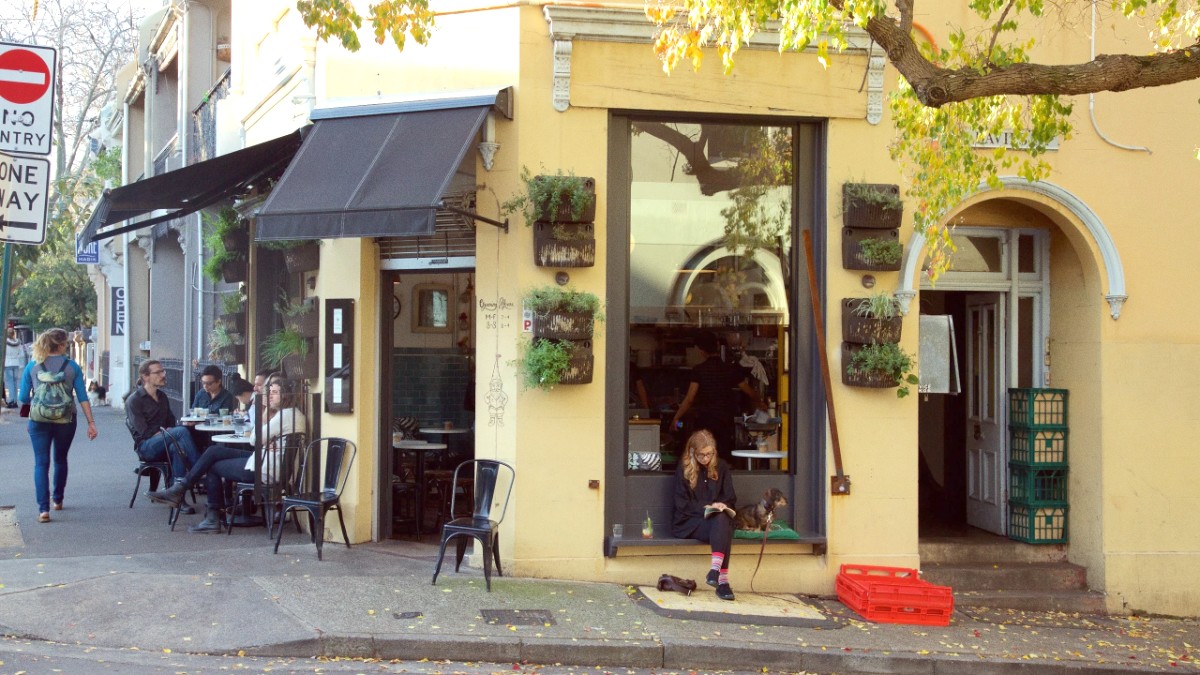
Sydney, Australia
Sydney experiences distinct seasons, each bringing different advantages for your visit to Surry Hills and Darlinghurst.
Different seasons hold distinct visitor numbers and cost implications, from peak tourist times to more subdued periods.
High Season (Dec-Feb): Warm weather perfect for beaches. Major events, including New Year’s Eve fireworks and Australia Day celebrations, occur. Expect higher prices for flights and accommodation due to demand, and larger crowds at popular attractions. The weather can be hot and humid, sometimes feeling oppressive.
Shoulder Season (Mar-May & Sep-Nov): Pleasant temperatures bring comfortable walking and sightseeing. Fewer crowds mean a more relaxed experience. You often find better value on flights and accommodation. Autumn carries some risk of rain. Spring holds transitions with occasional unpredictable weather shifts.
Warm, Busy, Higher Cost
Beaches, New Year Celebrations
Crowds, High Humidity
Mild, Pleasant, Better Value
Sightseeing, Outdoor Exploration
Some Rain Risk, Unpredictable Spring Days
Cooler, Calm, Lower Cost
Budget Travel, Museum Visits
Cooler Water, Chilly Nights
Sydney may experience heatwaves during summer; temperatures sometimes exceed 35°C. Bushfire season typically runs from September to March, and major bushfires in the wider region can create hazy or smoky conditions. Check local news and air quality reports if traveling during this period.
Beaches & Water Activities: December to March present optimal conditions for swimming and surfing. Hiking & Outdoor Exploration: March-May or September-November bring comfortable temperatures. City Sightseeing & Cultural Events: Enjoy these year-round; autumn and spring present the most comfortable weather for extensive walking tours.
Autumn (March-May) or Spring (September-November).
Good weather for outdoor activities and comfortable sightseeing.
Fewer tourists than peak summer, for a more relaxed atmosphere.
Often better value on flights and accommodation.
This period often brings the most rewarding general tourism experience.
Travelers to Australia comprehend needed documentation and procedures. Plan for your visa well before your departure. Australia holds strict border controls, and a valid visa is needed for most non-Australian citizens.
Australia offers several visa types for visitors, each catering to different nationalities and trip durations. Choose the one that matches your travel plans.
For those not eligible for an ETA, or requiring a longer stay, other visa types exist with varying application complexities and processing times.
Plan your budget for a trip to Surry Hills and Darlinghurst. Sydney can be an expensive city, but smart planning assists managing costs effectively. This section gives a cost breakdown and money-saving strategies.
The official currency is the Australian Dollar (AUD, symbolized as $). Major credit cards, including Visa, MasterCard, and American Express, are widely accepted across Sydney. ATMs are readily available. Notify your bank and credit card companies of your travel plans.
Here find typical price ranges for expenditures, allowing you to tailor your daily spending.
Sydney can be an expensive city, but diligent planning can keep your costs in check.
Prioritize health and safety during your visit. Sydney is a safe city, but a few precautions help assure a healthy and trouble-free trip.
Ensure your measles, mumps, rubella (MMR), diphtheria, tetanus, pertussis (DTP), polio, and influenza vaccinations are current.
Sydney supplies a high standard of medical care, with public and private hospitals, medical centers, and pharmacies.
Dial 000 for Police, Fire, or Ambulance. For non-emergency advice, call Healthdirect Australia at 1800 022 222.
Tap water is safe to drink throughout Sydney. Australia holds strict food safety standards.
Carry a reusable bottle and refill it. Eat with confidence at restaurants, cafes, and markets, as Australia maintains rigorous food safety standards.
Note: Always check local news for any specific health advisories before and during your travel.
Consult a travel health professional or your doctor at least 6-8 weeks before your trip for personalized recommendations.
Australia has extremely high UV levels. Use High SPF broad-spectrum sunscreen, wear a Wide-brimmed hat and Sunglasses. Seek shade between 10 AM and 3 PM. Stay hydrated.
Mosquitoes are present during warmer months. Use Insect repellent with DEET or picaridin if outdoors, especially at dawn or dusk.
The warm climate can lead to dehydration. Drink plenty of water throughout the day. Carry a Reusable water bottle.
Sydney generally is a low crime rate. Surry Hills and Darlinghurst are largely safe for tourists. Like any urban environment, petty crime can occur. Natural disaster risks include bushfires and heatwaves.
Travel insurance is highly recommended. Purchase a comprehensive policy. Keep essential contact information accessible.
Seek a policy covering medical emergencies, emergency medical evacuation, trip cancellation, and lost baggage. Providers like World Nomads and SafetyWing cater to various needs.
In Australia, dial 000 for Police, Fire, or Ambulance services. This number connects you to all emergency services quickly.
If you lose your passport, report it to local police immediately, then contact your country’s embassy or consulate for assistance.